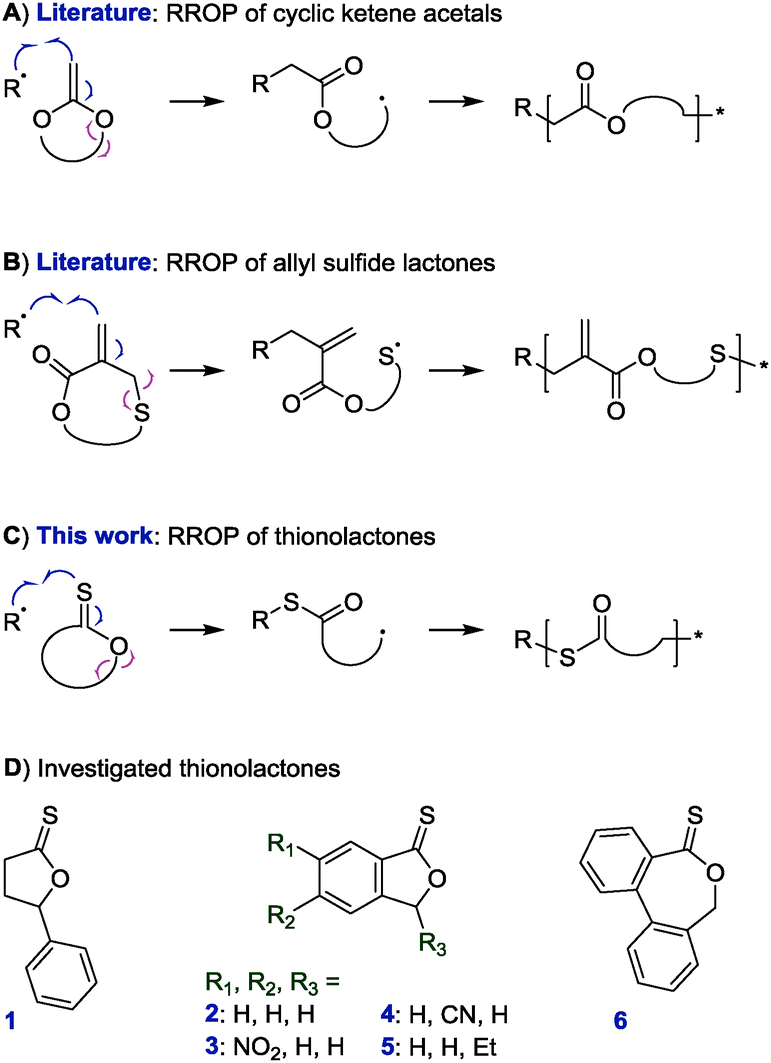It consists of a methylene bridge ch 2 attached to a vinyl group ch ch 2.
Difference between allyl and vinyl radical.
The delocalization energies defined as the energy difference between the delocalized structure and its hypothetically localized one for the three allyl systems are 55 7.
In context organic chemistry lang en terms the difference between allyl and aryl is that allyl is organic chemistry an organic radical ch 2 ch ch 2 existing especially in oils of garlic and mustard while aryl is organic chemistry any univalent organic radical derived from an aromatic hydrocarbon by removing a hydrogen atom.
Allyl and vinyl are the two different organic functional groups that hold differentiable characteristic and features.
Key difference allyl vs vinyl both allyl and vinyl groups have slightly similar structures with a small variation.
The key difference between these two structural components is the number of carbon and hydrogen atoms.
Core differences between allyl and vinyl in point form.
The allylic carbon atom is more reactive than normal.
As nouns the difference between allyl and aryl.
An allyl group is a substituent with the structural formula h 2 c ch ch 2 r where r is the rest of the molecule.
The terms allyl and vinyl are common in organic chemistry because we can use these terms to name compounds using.
The molecular formula of the ally carbon group is rch2ch ch2 while that of the vinyl group is rch ch2.
Allyl groups have three carbon atoms and five hydrogen atoms.
Both groups own a double bond between two carbon atoms where all the other atoms are bonded through single bonds.
Ab initio valence bond calculations are performed for the allyl cation radical and anion with 6 31g basis set.
Allyl indicates a functional group with structural formula h 2 c ch ch 2 r where r is the rest of the molecule it consists of methylene bridge ch 2 in between the vinyl group ch ch 2 and the rest of the molecule therefore allyl group contains sp 2 hybridized vinyl carbon atoms and sp 3 hybridized allyl carbon atom.
Delocalized and hypothetically localized structures of these systems are thoroughly optimized and analyzed.
At the same time both these functional groups also share some similarities like both of them hold double bond between carbon atoms whereas the other atoms are bonded through single bond.

